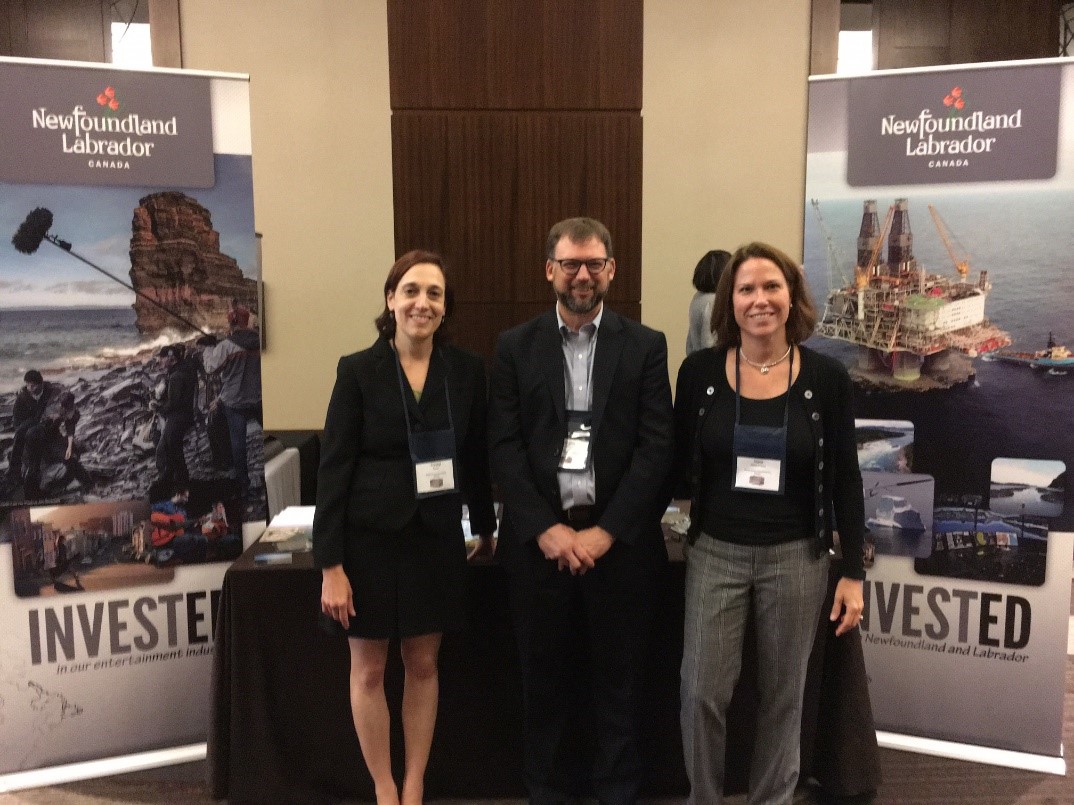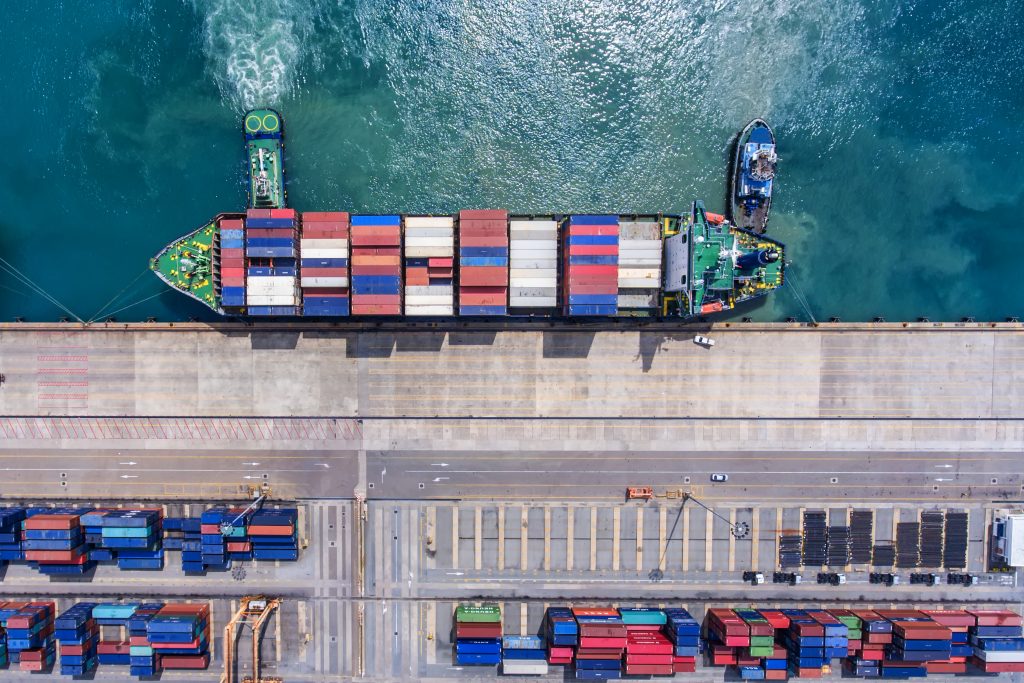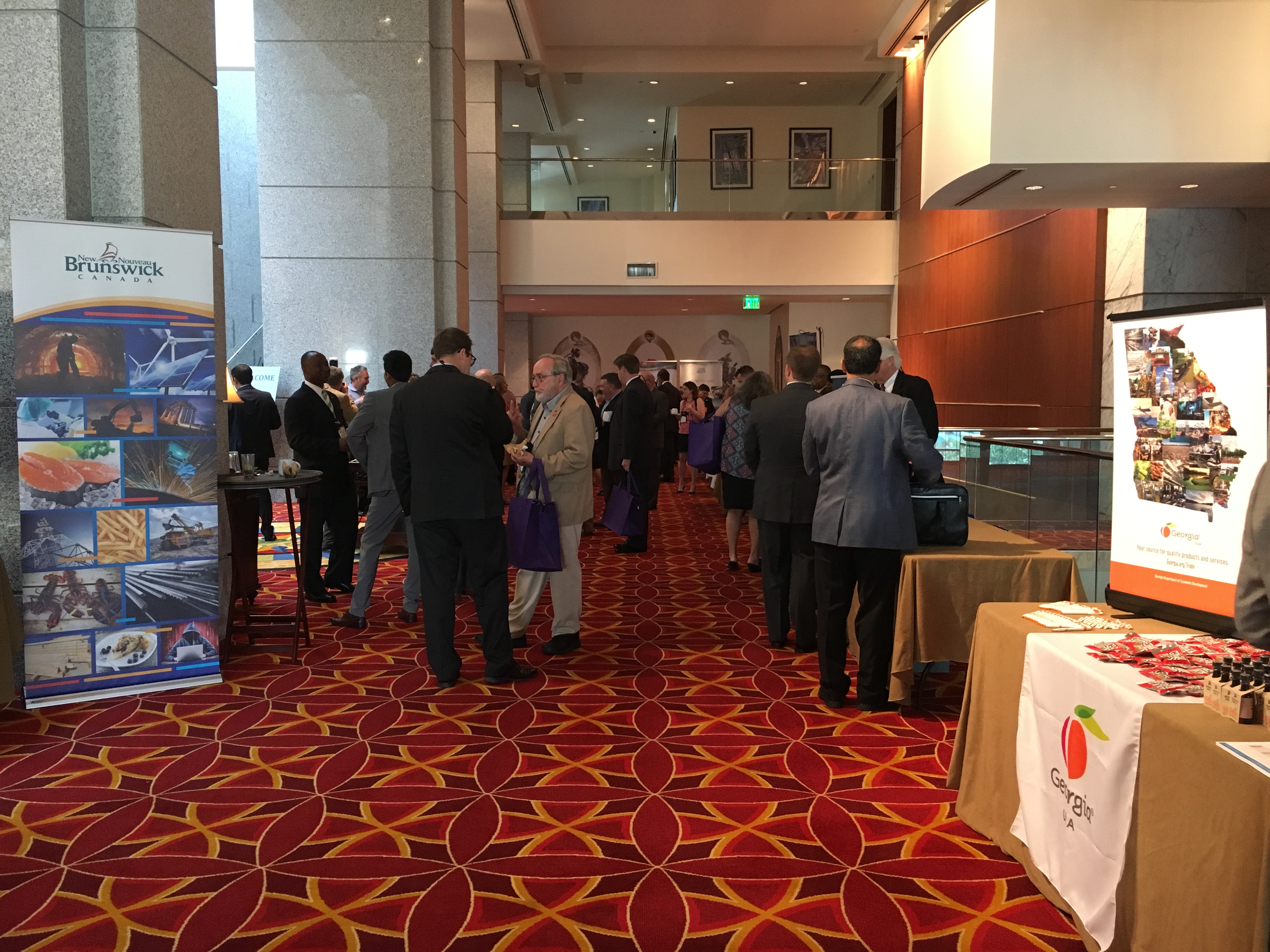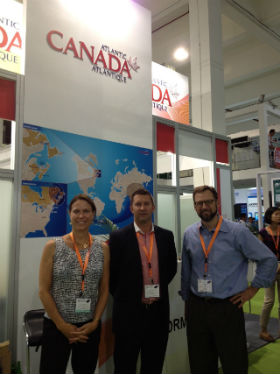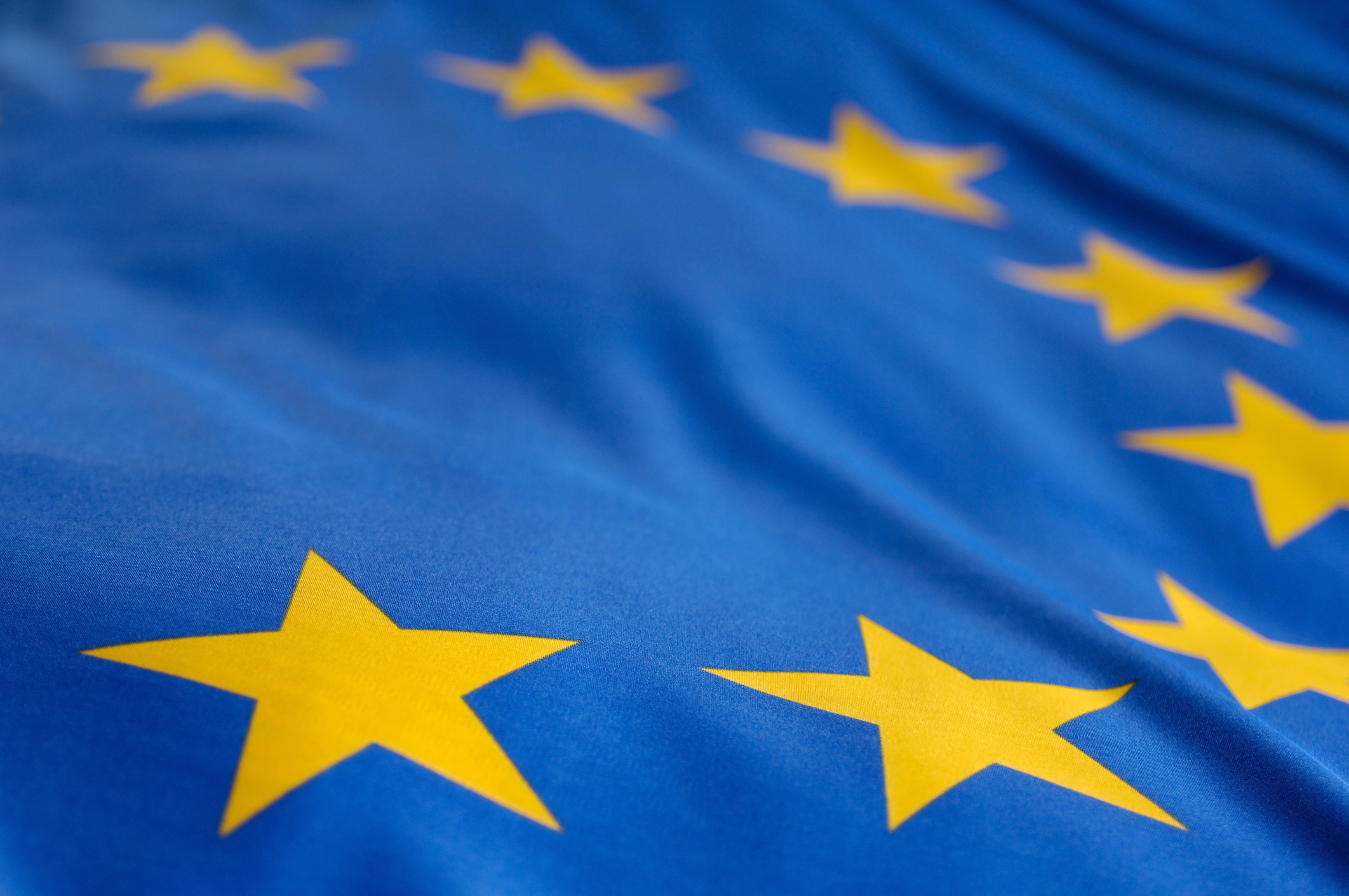Project Description
Since 2009, MAI has been engaged as a private sector partner to collaborate with both government representatives and corporate participants in the annual SEUS//CP Alliance conference. These include six Southeastern U.S. states – Alabama, Georgia, Mississippi, North Carolina, South Carolina, Tennessee and seven Canadian provinces – Ontario, Quebec, Manitoba, Newfoundland and Labrador, New Brunswick, Nova Scotia and Prince Edward Island. My business partner, Bruce MacLellan of MAI Canada, Inc., and I take a leadership role in advising the states and provinces on growth industries that provide significant trade and investment opportunities for firms in participating jurisdictions. In collaboration with our government partners, we also lead a team that undertakes industry and market research in the target regions, contributes to the development of SEUS//CP Alliance themes, panel discussion topics, speakers, and knowledge management. We also prepare private sector participants for negotiations among themselves related to potential joint ventures, R&D partnerships, cross-distribution agreements, and other business relationships.
SEUS//CP Alliance was officially launched in 2007. Québec Premier Jean Charest and Georgia Governor Sonny Perdue co-chaired the November 15 and 16, 2007. While the six states and seven provinces were represented, two governors and four premiers took part in the meeting.
The first meeting of the Alliance endorsed the purpose of the forum to further develop and strengthen economic ties between the two regions, and resulted in the signing of a joint declaration by the delegation heads. Since 2007, each year the Alliance has brought together delegations of business leaders from member provinces and states, accompanied by premiers and governors. Annual meetings have alternated between Canada and the United States in member states and provinces. These have included Quebec, Georgia, Newfoundland, Mississippi, New Brunswick, South Carolina, Nova Scotia and North Carolina (2014). It was agreed that the Alliance would not have a secretariat and that responsibility for organizing the annual meetings would fall to the state or province hosting the event.

